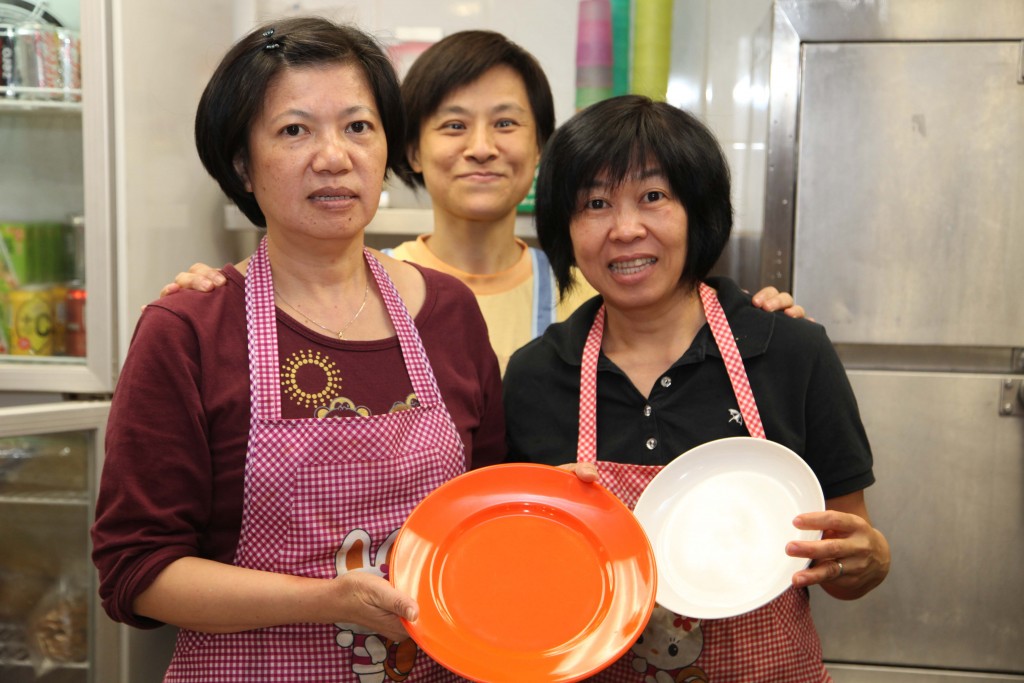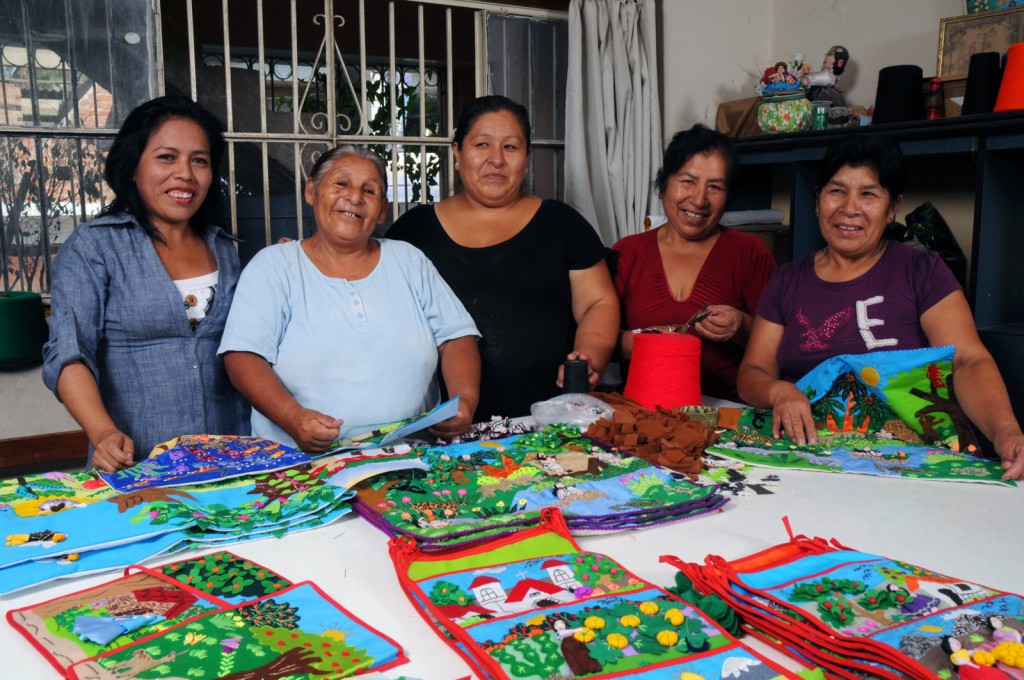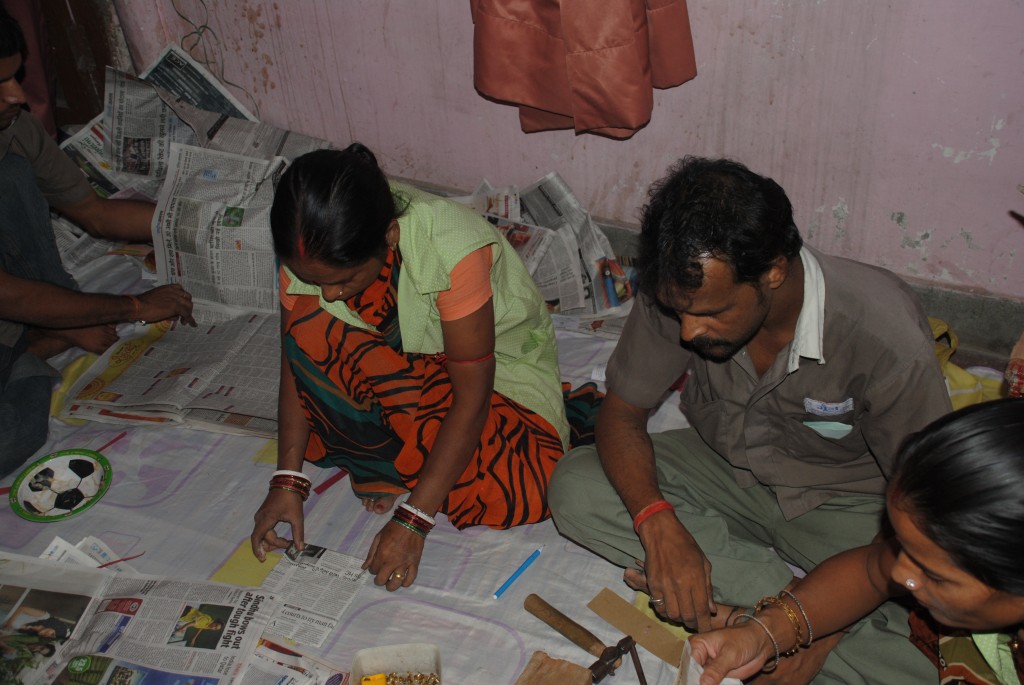“Nobody wanted to hire us!” we were told by women struggling to generate income here in Hong Kong. For those who are older or who live with disabilities, finding a stable job can be challenging in today’s competitive world. Happily, though, the story has a good ending for a group of women who have been trained and employed to cook and clean by a social enterprise group: one committed to creating employment and giving women a salary. They now work at a canteen near Hong Kong’s Polytechnic University and Crossroads donated the pots, pans and utensils they use. We provided not only the quality kitchen equipment but also the tables, chairs and other furniture required to run the new canteen. We were only too happy to supply what was needed to help empower more disadvantaged women.

Benin: New hope for the vulnerable and isolated
Benin, West Africa, is a land rich in natural beauty, but it is sadly also one of the world’s poorest nations....
Guinea: Building infrastructure and skills
Since governmental structures in Guinea finally stabilised about fifteen years ago, the country’s economy has gradually improved. However, refugees fleeing civil...
Malawi: Looking up and forward
Malawi is a country working hard to lift its people out of its challenging history. Since gaining independence nearly sixty years...
Cameroon: Empowering and rebuilding
Crossroads’ partner for this shipment originally began their work in a busy market town, aiming to provide support for widows, a...




